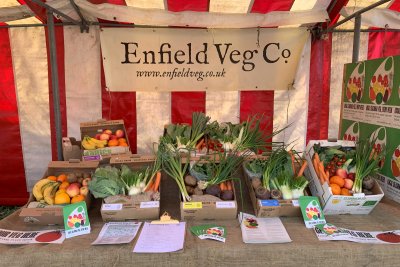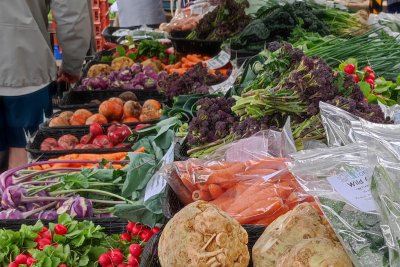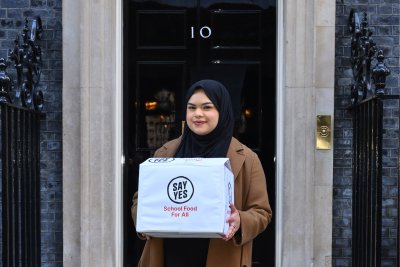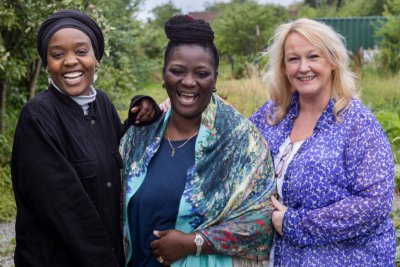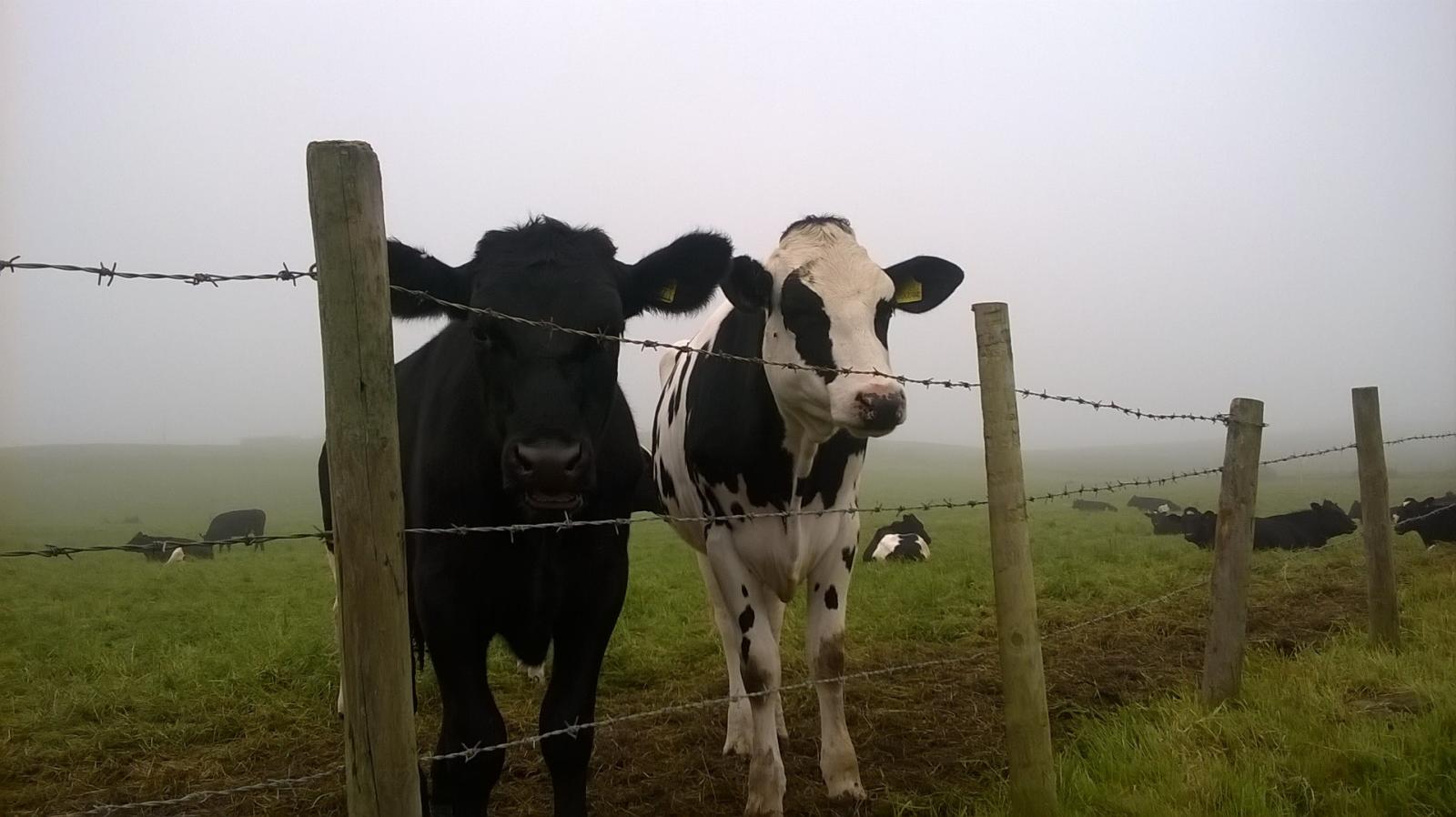 Cows near Robin Hood's Bay, photo credit Ruth Westcott
Cows near Robin Hood's Bay, photo credit Ruth Westcott
Guest blog: Is banning beef on campuses the answer to the climate emergency and the nature crisis?
At Students Organising for Sustainability (SOS-UK) we are working to repurpose our formal education system around the climate emergency and ecological crisis. With the average student spending £238 each year in campus cafes and restaurants, we see university catering as a huge opportunity to make sustainable diets the norm.
In recent years a number of universities have called for a ban on beef in their campuses. In response we have issued a statement, with support from the Eating Better alliance. Rather than singling out beef it explains why we need to move away from all industrial animal farming, unsustainable fishing, plants grown in intensive monocultures, and overly processed food.
Student Eats (an SOS-UK project) is calling for universities and colleges to move towards a more holistically sustainable and equitable food system that is not only good for the climate but also good for the soil, for wildlife, for farmers, and for the health and wellbeing of students. In this scenario, we believe there is a place for some meat, including beef, but in vastly reduced amounts and never from industrial farms. Our aim is to encourage people who are not vegetarian or vegan to eat at least 50% less meat by 2030 and shift to better produced meat for the remainder.
Universities and colleges can lead the way on climate and nature friendly food by:
- Offering more seasonal plant-based options
- Sourcing all remaining meat and dairy products from better production systems
- Having meat and dairy reduction targets which are measured and reported on
- Supporting professional training of chefs in healthy and sustainable food
- Divesting from investments in industrial livestock agriculture
There are many ways students, students’ union officers and staff can help push for changes to the food sold and served on campuses. A food environment needs to be created where students and staff are able to eat less and better meat and dairy but creating clear customer demand will encourage institutions to make this change more quickly.
The best way to create customer demand is through the choices made when purchasing food on campus. Student Eats recommends choosing plant-based foods that are seasonal, local or Fairtrade and/or organic wherever possible; using a local veg box scheme; and buying from a zero-waste shop on campus if you have one. If there is no zero waste shop on campus consider setting up a buying group with friends to bulk-buy more affordable wholefoods.
It is important to avoid highly processed vegetarian and vegan options and if you aren’t vegetarian or vegan, choose better meat and dairy that has been produced in the UK and that is organic and/or pasture-fed. Avoid processed meat products, only eat meat occasionally and change the proportion of meat-based meals to include a greater vegetable content.
For other ideas to encourage change on your campus, and for more details about why we promote eating ‘less but better meat and dairy’ over banning beef, read our full statement on why banning beef is not the answer.
For more information about universities divesting from industrial meat and dairy, check out the ‘Divestment from Big livestock’ session on Day 3 of our Student Sustainability Summit, recorded on 2-4th November 2020.
Climate Change and Nature: Sustain has taken a keen interest in the rapidly accumulating evidence about the effect of food and farming on climate change and nature, as scientific evidence emerges that our food system is a very significant contributor to greenhouse gas emissions and biodiversity loss.
Sustain
The Green House
244-254 Cambridge Heath Road
London E2 9DA
020 3559 6777
sustain@sustainweb.org
Sustain advocates food and agriculture policies and practices that enhance the health and welfare of people and animals, improve the working and living environment, promote equity and enrich society and culture.
© Sustain 2024
Registered charity (no. 1018643)
Data privacy & cookies
Icons by Icons8



